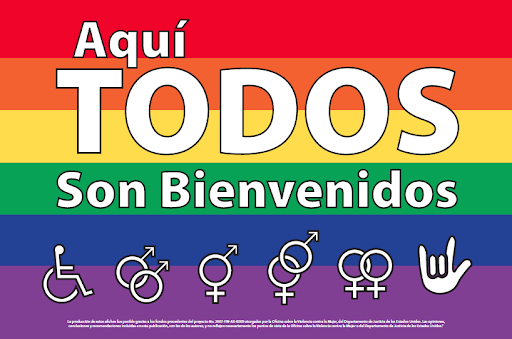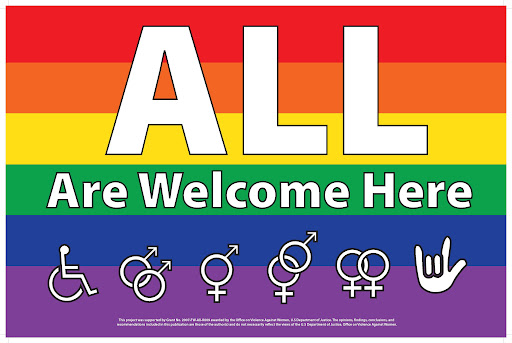Domestic Violence
What is Domestic Violence?
Domestic violence is a pattern of abusive behavior used by one person to gain or maintain power and control over another in an intimate or family relationship. It can take many forms, including physical harm, emotional abuse, sexual violence, financial control, verbal threats, and isolation. Domestic violence does not discriminate—it affects people of all genders, ages, races, and backgrounds. It often happens behind closed doors, but its impact reaches every corner of our communities. Understanding what domestic violence is helps break the silence, support survivors, and prevent further abuse.
The Power and Control Wheel
The Power and Control Wheel is a tool that helps illustrate the many tactics abusers use to dominate and control their partners beyond physical violence. Developed by the Domestic Abuse Intervention Project, the wheel shows how emotional abuse, intimidation, isolation, financial control, coercion, and other behaviors are used to maintain power in an abusive relationship. At the center of the wheel is the core goal: power and control. Understanding this tool helps survivors and their allies recognize patterns of abuse that may otherwise go unnoticed and emphasizes that abuse is about control—not just physical harm.
Understanding the Cycle of Abuse
The cycle of abuse is a repeating pattern of behavior that keeps survivors trapped in unhealthy and dangerous relationships. It often follows a predictable path: tension builds, abuse occurs, a period of reconciliation or calm follows—and then the cycle begins again. This pattern can create confusion, fear, and false hope, making it difficult for victims to leave. By recognizing the cycle of abuse, survivors and their support networks can better understand the emotional and psychological hold abuse can have, and take steps toward safety and healing.

1. Do you ever feel uncomfortable or afraid around your partner?
3. Has your partner ever insisted on reading your text messages, emails, or social media?
5. Are you afraid to disagree with your partner?
7. Has your partner ever controlled how much money you have, and/or how you spend it?
9. Have you stopped seeing friends or family to avoid upsetting your partner?
11. Has your partner ever blamed you for the way they acted?
13. When your partner is angry, do they throw or break things to scare you?
15. Has your partner ever threatened to hurt you or your children?
2. Does your partner check up on you constantly, or insist on knowing where you are all the time?
4. Does your partner lose their temper often?
6. Has your partner ever put you down or insulted you in front of others?
8. Does your partner act overly jealous or accuse you of cheating often?
10. Has your partner ever locked you in the house?
12. Has your partner ever made you feel uncertain or made you doubt your memory of events?
16. Has your partner ever hurt you or your children?
17. Has your partner ever forced you to have sex with them?
If you answered “Yes” to any of these questions, you may be in an emotionally or physically abusive relationship.
We understand that recognizing abuse—especially when it’s emotional, psychological, or financial—can be difficult and scary. At Haven House, we want you to know: you are not alone.
We are committed to supporting survivors in our communities by connecting you with local resources. Whether you need someone to talk to, safety planning, or help finding nearby services—we’re here for you.
If you’re unable to find support locally or want to remain anonymous, we also provide access to a comprehensive list of state and national domestic violence service providers.
Your safety and healing matter. Haven House is here when you’re ready.





